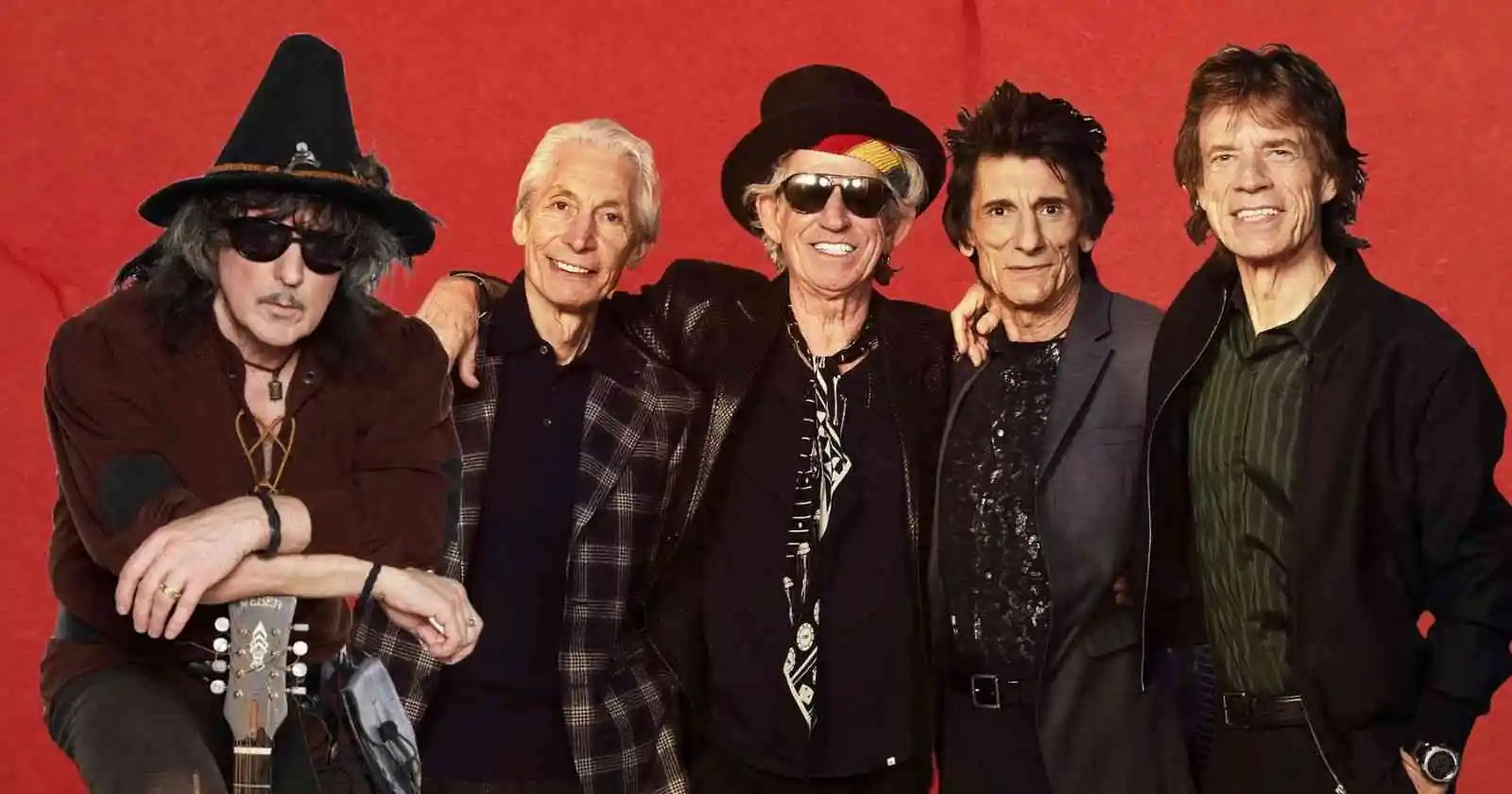A founding member of Deep Purple and the mastermind behind Rainbow, Ritchie Blackmore is one of the most influential guitarists of all time. He inspired countless generations of musicians and helped those two bands to sell millions of records worldwide. But besides being known for his musical talent, the British musician is also remembered for being quite sincere and for always sharing his real opinion on other groups and artists.
It’s not something that started years after success, he always praised or criticized his peers since the early days of Deep Purple. One of the groups he particularly didn’t like was The Rolling Stones, which he criticized, at least back in the 70s.
The reason why Ritchie Blackmore didn’t like The Rolling Stones
Since their inception, The Rolling Stones were a Blues based band and besides writing their own music, the band also performed many Blues covers. But that never pleased the guitarist Ritchie Blackmore, who in an interview with Trouser Press in 1978, said that he considered them to be “idiots”, who were stealing riffs from Chuck Berry.
“I wasn’t really getting off on people like the Beatles and the Hollies, all that vocal business. The Stones? I considered them idiots. It was just a nick from Chuck Berry riffs. Chuck Berry was OK. Sometimes I’m outspoken, but I don’t have any time for the Stones. I can see why they’re respected and their rhythms are very good, very steady on record. I respect them, but I don’t like them,” Ritchie Blackmore said.
He was then questioned if he liked the Blues and he said that he thought the music genre was too limited. So that might be the reason why he didn’t like the Stones at the time. “It might sound condescending, but I find them a little too limited. I like to play the blues when I’m jamming, but then I want to get on to other things. I listened to BB King for a couple of years, but I like singers more than guitarists. Albert King I thought was a brilliant singer. That depth, which comes out in Paul Rodgers, too. I do like a blues base to some things; that can be very interesting with classical overtones,” Blackmore said.
Criticizing the Stones cost him his friendship with Mick Jagger
Blackmore had already said in the press that he didn’t like the band before and as he said in an interview with Cameron Crowe for Rolling Stone in 1975, that made his friendship with Mick Jagger come to an end.
“All the big groups knew and raved about me. We played with the Stones once and Mick Jagger said in an interview that I was the best guitarist he’d ever seen. The next I slagged the Stones in print and that was the end of that friendship. Still, I was well respected, from top to bottom,” Ritchie Blackmore said.
Curiously, Deep Purple recorded parts of their albums “Machine Head”, “Who Do You Think We Are?” and “Burn” with the famous Rolling Stones Mobile Studio, which was originally owned by the band led by Jagger. It was inside a DAF F1600 Turbo truck and many other famous groups recorded there. Some of them were The Who, Dire Straits, Iron Maiden and Led Zeppelin.
Blackmore was inspired by the Rolling Stones according to Graham Bonnet
Although he wasn’t a huge fan of the Rolling Stones, Blackmore would have been inspired by the song “Out of Time” released by them in 1966 on the album “Aftermath”. That’s what the ex-Rainbow singer Graham Bonnet said in an interview with VRP Rocks in 2023.
“I remember one night he [Blackmore] came and he said to me, ‘Do you know that Rolling Stones song ‘Out of Time.’ ‘Baby, baby, baby, you’re out of time.’ He said, ‘I’ve got this idea.’ This idea is sort of like (mimicking Blackmore’s playing).”
“The melody is the same as the song ‘All Night Long.’ ‘You thought you were a clever girl.’ Chris Farlowe did it; a guy called Chris Farlowe. That was a hit record in England. I said, ‘Okay, well, I’ll make up a melody around that’ and that’s what happened with that,” Graham Bonnet said.
“All Night Long” was written by Blackmore and bassist Roger Glover, who was a member of Rainbow at the time. It was featured on “Down To Earth” (1979), the only album of the band with Graham Bonnet.

